Some say that coffee and MCAS can't go hand-in-hand. That you will get a flare of symptoms due to the histamine content of coffee. Others say that it is an individual thing - some people with mast cell activation syndrome can drink coffee, others cannot. This is simply my experience.
As always, this post is for informational purposes only and does not constitute medical or dietetic advice. Please work with a qualified health professional for your personal circumstances.
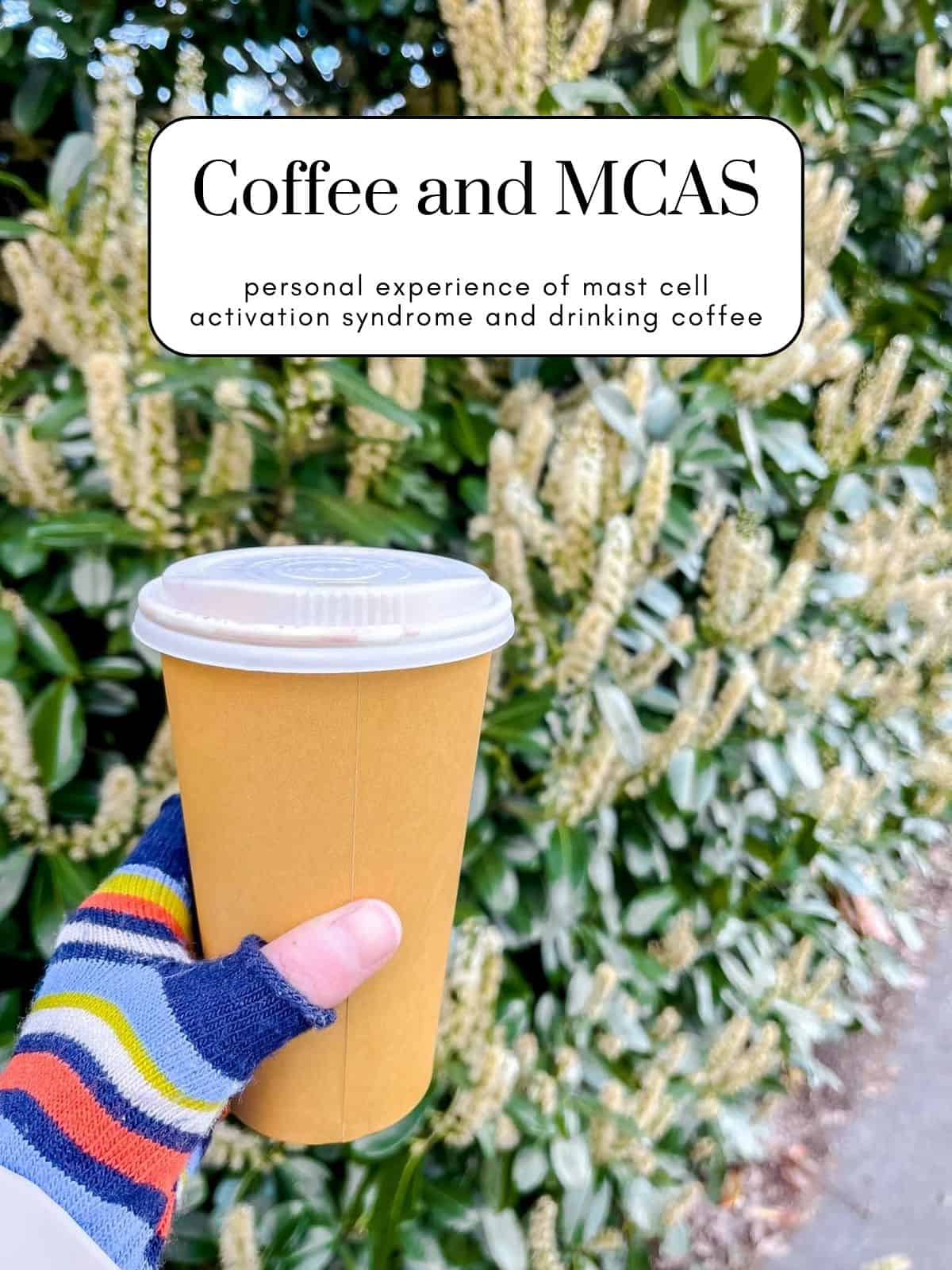
Jump to:
The Coffee Routine
For years coffee was a central part of my daily routine. There wasn’t ever a day that I didn’t have a coffee, either when I got to university or work, or when I was out in the evenings or on the weekend. It was a ritual to grab a coffee on my way to my office or the library.
I loved every bit of it. The smell, the taste, the routine of it. It was a comforting warm drink in the winter, and in the summer an iced latte brought a refreshingly cold break in the day.
Then I started having headaches and migraine attacks and was advised to switch to decaf coffee, which I did without too much difficulty. Although I will admit that not having that ‘hit’ of energy first thing in the morning at my desk was something I missed!
Mast cell activation syndrome diagnosis
Everything changed a few years ago when I was diagnosed with mast cell activation syndrome. After being given some questionable advice from one doctor (that I no longer see) I gave up coffee altogether. I also had to give up tea and so my mornings changed a lot. Herbal tea is great, but it doesn’t have the same smooth taste that a tea or coffee brings.
But lately I have got back on the coffee grind. I saw a dietitian who specialises in histamine issues and she noted that coffee scores a '1' on the Swiss Interest Group food compatibility list, histamine intolerance. This scale rates foods between '0' and '3', with '3' being 'very poorly tolerated, severe symptoms'.
As coffee scores a '1' it is noted to be 'moderately compatible minor symptoms', but isn't as problematic as foods such as vinegar or chilli pepper which are a 2 and 3. In her opinion, the tolerance of coffee if you have MCAS is often an individual experience. Some people can tolerate it, others cannot. It is literally trial and error as to whether you can tolerate it or not. There's nothing that you can do other than try it out . . .
My coffee and MCAS experiment
After months of contemplating it, I had a cup of decaf coffee at Starbucks (where else!) while out doing some shopping. I don't know exactly which coffee it was, but I'm guessing something like the Starbucks Decaf Espresso Roast. This was quite a big deal for me, which may sound silly. But when you know that food can cause you considerable pain then you become scared of anything new or different.
Food stops being a source of pleasure and instead becomes something to be wary of – is it going to cause symptoms? Am I going to regret it? Should I play it safe and stick to something that I know doesn’t cause problems?
The coffee was everything I remembered coffee to be for me. Warm, full-bodied and slightly sweet without being sickly. It had that fall-season smell and indulgent taste. It is a taste that I love, but had slightly forgotten. But I can tell you I remembered it instantly with the first sip. Wow, that was flowery language! You might notice that I love coffee.
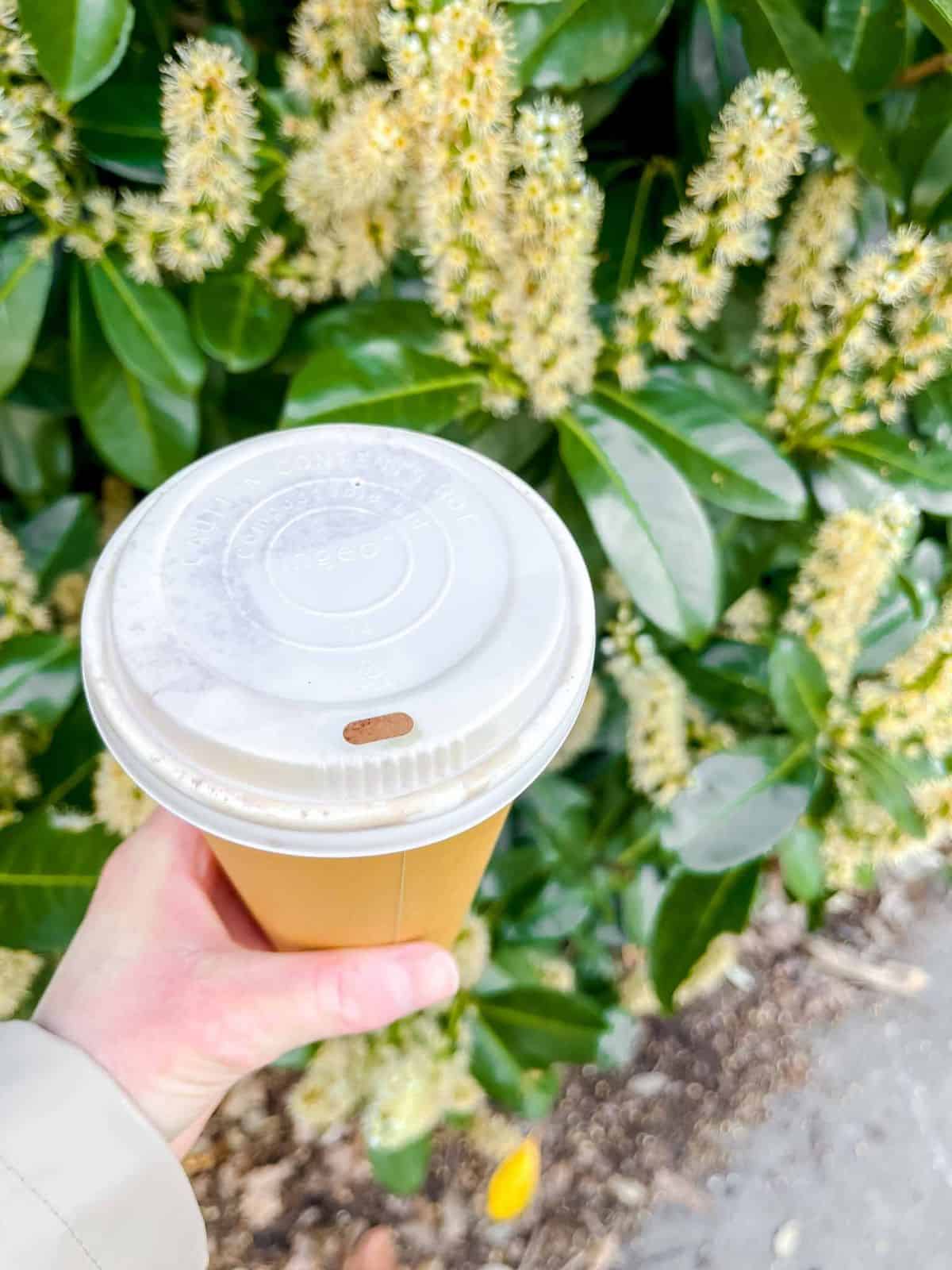
Symptoms
Most of the time I do not get an increase in symptoms. I always stick to decaf coffee, usually a cappuccino with no chocolate or a latte, and have either oat milk or almond milk (which I am able to tolerate). I have noticed a slight increase in skin pain and flushing afterwards at times, but that is a very common symptom for me after any food or drink, no matter how 'safe' it is.
Other times there is no reaction at all. I am mindful that I may have indulged in some cake or cookies that are probably not the best option histamine-wise as someone with MCAS(!) I do also wonder on the occasions when I do feel some flushing whether it is also due to the environment, as coffee shops are often too warm for me, or other factors such as stress, food triggers etc.
For the time being I am happy to continue drinking coffee a few days a week, sticking only to one cup a day, as I do not feel that I experience a significant adverse effect. It is no longer the case that I fear coffee, in fact it has become part of routine - not daily but when I am in need of a bit of a treat or with friends or family. Please be aware that this is just my experience, and your experience may differ from mine.
*non-dairy milk has variable scores on the SIGHI list. Please use that which is suitable for you. Rice and oat milk score I on the SIGHI list, and almonds (for almond milk) also score 1. Coconut milk scores 0.
Types of coffee
One important element of my consumption of coffee has been the type of decaf coffee that I drink. Although it isn't always possible to know the processing of the coffee when in a coffee shop or restaurant, I do pick the decaf coffee that I drink at home quite carefully.
Personally, I feel that it is a good idea to drink coffee that is as 'clean' as possible and organic, and uses the least problematic chemical-free method of decaffeination to try and avoid any substances that may cause my MCAS to flare up.
My go-to brand at home is the Raw Bean decaf coffee as it uses the Swiss Water process rather than chemical solvents. I've also used the Lavazza decaf coffee, which uses the carbon dioxide extraction process.
So for the time being coffee and MCAS are co-existing relatively well in my world! I feel happy drinking coffee now and again as long as it is decaf, and don't have any plans to give it up in the foreseeable future unless my symptoms become more problematic.
Let me know your experience of coffee and MCAS! Can you tolerate coffee? Or have you had to give it up due to your medical conditions?
For a coffee-free (and caffeine-free) drink then you may like to try my ginger turmeric latte. And my post on low histamine teas and coffee alternatives has so many other delicious ideas!
I'm active on Instagram, Facebook and Pinterest if you would like to follow along for low histamine recipes and resources on MCAS!
Related posts:
Tips and tricks for following the low histamine diet
Low histamine diet and resources
Please follow the advice of your doctor as to all medical treatments, supplements, and dietary choices, as set out in my disclaimer. I am not a medical professional, and this is simply my story and the resources that are helpful to me.

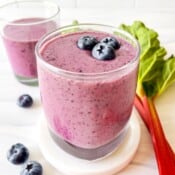
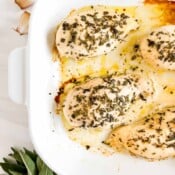

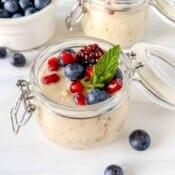
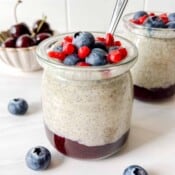
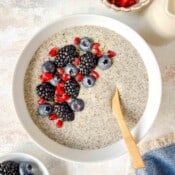

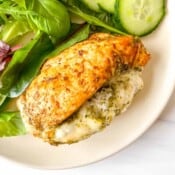
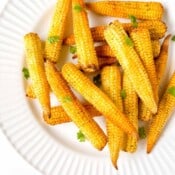


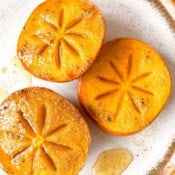
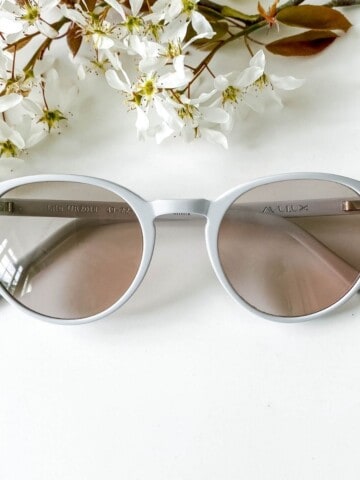
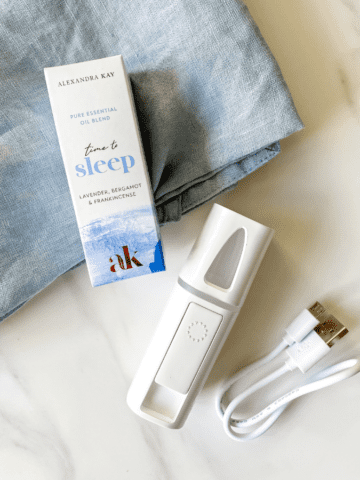

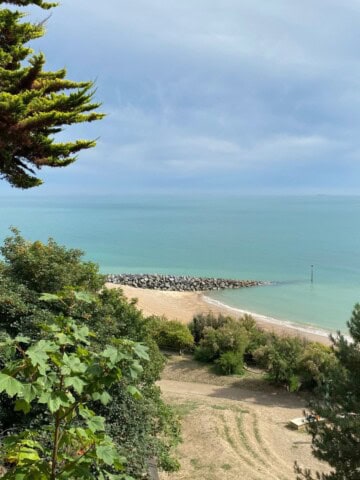
Nicole Mizener says
I was just diagnosed yesterday and the first thing I thought was, "no, my coffee". Thank you for writing this article with the glimmer of hope it provides.
Claire says
I hope that you have some support. I would say that seeing a dietician is very helpful in figuring out which foods are suitable for you. Wishing you all the best, Claire
BarefootKate says
I found your blog because I searched for "coffee and MCAS". LOL. It's been my happy thing to wake up to in the morning - until it wasn't. I have tried a few Mycotoxin free brands like Cameron's and done better but I wanted some testimony from other autoimmune/MCAS people. Especially because how many times have we been told "oh, that's fine for you" and it WAS NOT! So, that said, glad to hear you have worked out what you can tolerate. I miss just running in for a coffee but it is good to hear all may not be lost! Have you heard of Purity Coffee? There is a ND who is a MCAS patient who recommends it. Seems like it's worth it's weight in gold though. Sigh. I have MCAS and Histamine Intolerance with all kinds of my own random allergies (like we all do) so it's a fight. Maybe I should do the decaf thing when out and about? Glad to have found your blog. Thank you.
throughthefibrofog says
I think with some foods it really is person-specific in terms of tolerability, or at least that is what my dietician explained in terms of coffee. I know people who have cups a day, while others can't have any at all. I always have decaf, which seems to help.
I haven't heard of Purity Coffee, but it sounds interesting.
Glad the blog helps, and hope you can figure out how to drink coffee that works for you.
Dannielle A Harnett says
Are you aware that the biggest cause of MAST cell is toxic mould build up in the body? When you chelate out the mould and live in a totally remediated space, replace the lost minerals etc many times these symptoms will abate. It's taken me 10 years of disabling chronic disease to learn this so I thought I would share it here. ALSO you can really control symptoms with MAST cell stabilisers like H1 blockers, H2 Blockers, Keitofine, sodium crom, Montelukast ALL which can be taken orally. The second leading cause of MAST cell is lyme disease. Proffessor Afrin has a book and podcast on treatments and Dr H Christensen has great info on mould & the MAST connection.
throughthefibrofog says
Hi Danielle, I have heard that but it doesn't actually apply to me personally, and I've been tested for Lyme disease too.
The meds you mention have been very helpful for me, and I have found Professor Afrin's book very helpful too.
I hope you are improving with the condition.